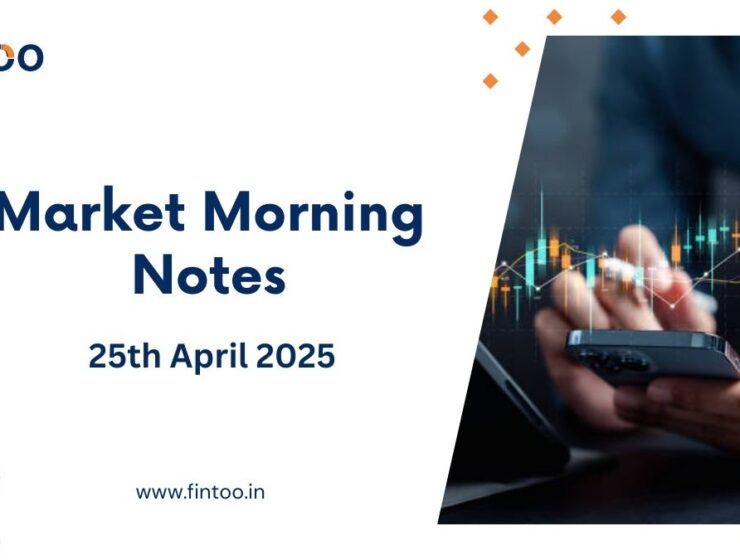

Effective financial planning is needed to achieve the predetermined financial goals and objectives. Even when you are carrying out your daily responsibilities and chores, you would be relaxed with respect to finance position if you have planned finance effectively.
Prepare a budget
You may be salaried or self employed or newly recruited, but there is one common thing which all of them need to take care of, i.e. “Money”. Prepare a budget by considering similar level of income and estimate the probable routine expenditure. If there is surplus after this, assign some of the balance for contingency and unforeseen emergencies. If you still have any surplus left, then don’t rejoice and spend it in a jiffy. This is the amount which you should save, as they say money saved is money earned.
A Budget helps you keep a tab on your spending and encourages saving habit, because it will take care of every paisa earned. If you are not arriving at any surplus after reducing your routine expenses, then it would suggest that you are spending unnecessary and it would create a problem in the long term.
The Budget is not a comparison tool which you can draft and copy from any other, because every person’s budget will vary according to his income, spending pattern, expectations and savings pattern. Make sure to modify the budget periodically to accommodate new expenditure like kid’s education etc.
Stick to the budget
No matter what, you have to stick to your budget and consider it as your bible. Where you find out that your expense variance is more than 5% – 10%, then it is an alarm bell for you. It means that you are spending more than what you actually should. This will directly impact the savings budget and will bring down the disposable income for savings or investment. It is as they say, “If you spend money on what you don’t need, then you won’t have money to spend on what you need.” So, ensure that you have no other go but to follow your budget.
Moreover, you should save first and then spend and not the other way round. This would require you to cut back on credit card expenses, personal loans and unnecessary spending on luxury.

A drop makes the ocean
Remember the times when you cracked open your piggy bank and bought a little something you wished for so many days. You will get even more if you save now for a better future. If you start saving early, then you will enjoy compounding effect, even if the rate of interest or growth is not attractive. The most important factor is that certain investment options like insurance charge more as your age progresses. Start saving as soon as you start earning. It will be better to start browsing retirement planning options which may be at affordable prices at a young age. Considering ever escalating health care costs, you may have to opt for health insurance also for you and your dependents. This would save you from pocketing out at once if any unfortunate incident takes place. Hence, keep in mind that the early bird catches the worm. There is no tomorrow for saving, so start today.
Must read: Financial Planning – Tips For Every Generation
Cash buffer for contingencies
The only thing permanent in your life is change, so be prepared for any unexpected and unforeseen change which may shake things down in your life. Unfortunate events like accident or sudden job loss may lead to a situation with no income, but there is no stop on basic utility expense like electricity, school fees, etc. Hence, you need to maintain an emergency buffer of liquid investments or cash or both, in case of such emergencies. Ideally, an amount equal to 3 months of budgeted expenses should ideally be kept as a buffer in Flexi Fixed Deposit or savings account, which allows fast withdrawals. The investment options where there is no lock in period and unconditional withdrawals are allowed.
Tax planning
“There are only two things certain in your life, one is taxes and another death.” Well said. Humor aside, this is actually true. You can’t run away from taxes. At most what you can is doing tax planning with the help of your financial advisor. There are certain investment options which comes with dual advantage of wealth appreciation along with the tax benefit. Also, your tax advisor may suggest you to invest in instruments which have no taxability on income streams such as PPF. The Only thing to be kept in mind is that for most of the instruments, either investment is out of taxable income (no benefit of tax deductions for amount invested) or investment income (capital gain on sale or redemption and income in the nature of interest etc.) is taxable. So look out for those pointers according to your affordability and liquidity needs.
Portfolio Diversification
Don’t put all your eggs in one basket and yes it applies to your investment portfolio as well. You should consult with your financial advisor with respect to asset allocation needed for achieving the long term financial goals. Diversification depends on the age and needs of the individual. For e.g. if a person of 25 years is investing, then his portfolio for at least the next 5 years would be 65% – 75% equity and the rest of its debt or balanced investment options. This is because his risk appetite would be more as compared to a person of 45 years (who will be looking at retirement planning and secured income flow).
CONCLUSION
Financial Planning is not an easy task to do and also very unique for every individual. Financial Planning differs according to age, gender, income range, long term financial goals, short term financial goals, tax effect, etc. So, consult your financial advisor and plan your finances in a way that best suits you.
A financial planning platform where you can plan all your goals, cash flows, expenses management, etc., which provides you advisory on the go. Unbiased and with uttermost data security, create your Financial Planning without any cost on: http://bit.ly/Robo-Fintoo
To Invest and keep regular track of your portfolio download: Fintoo App Android http://bit.ly/2TPeIgX / Fintoo App iOS http://apple.co/2Nt75LP‘
Disclaimer: The views shared in blogs are based on personal opinion and does not endorse the company’s views. Investment is a subject matter of solicitation and one should consult a Financial Adviser before making any investment using the app. Making an investment using the app is the sole decision of the investor and the company or any of its communication cannot be held responsible for it.
Related Posts
Stay up-to-date with the latest information.


